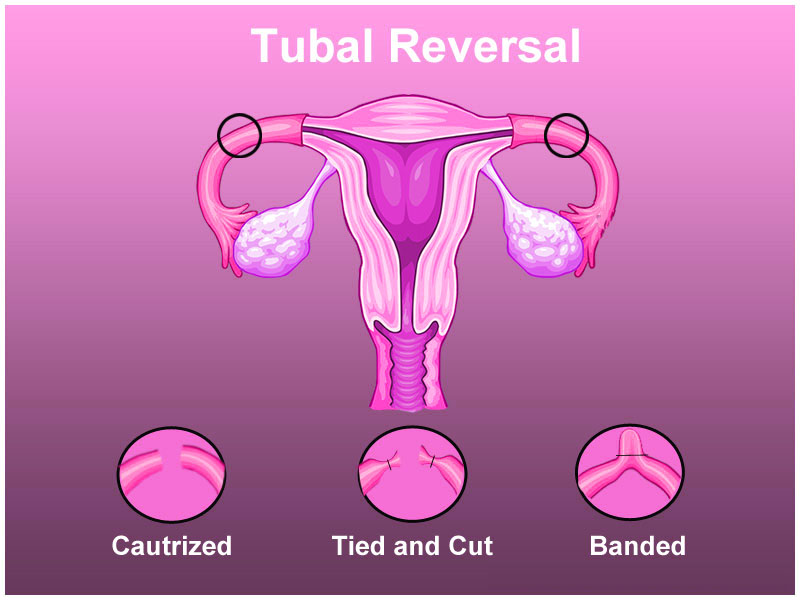Tubal ligation reversal is not always guaranteed to be successful, and several factors can affect its success rate. Here are some key factors that influence the success of tubal ligation reversal:
1-Tubal Ligation Method: The specific method used for the original tubal ligation can impact the success of the reversal. Some methods, such as tubal clips or rings, are more amenable to reversal than others, like tubal coagulation or salpingectomy.
2-Length of Remaining Healthy Tubes: The length and health of the remaining fallopian tubes play a significant role. Longer, healthy tubes are more likely to allow the passage of eggs and sperm, increasing the chances of successful conception.
3-Age of the Individual: Age is an essential factor. Younger individuals generally have a better chance of success because they often have more fertile years ahead.
4-Partner’s Fertility: The fertility of the partner (male partner) also affects the overall success rate. If the partner has any fertility issues, they may need to be addressed simultaneously.
5-Quality of Remaining Eggs: The quality of the eggs within the ovaries can impact the success of conception. If egg quality has declined due to age or other factors, it may reduce the chances of pregnancy.
6-Experience of the Surgeon: The surgeon’s experience and skill in performing the tubal ligation reversal procedure are crucial. Surgeons with extensive experience may have better success rates.
7-Presence of Scar Tissue: The presence of scar tissue in the abdominal or pelvic area can impact the success of the procedure. Adhesions and scar tissue can interfere with the functioning of the fallopian tubes.
8-Postoperative Complications: Complications that arise during or after the reversal surgery can also affect the outcome.
For more information, Consult Dr. Arohi Tasgaonkar one of the best Gynecologist in Thane and a fertility specialist for a thorough evaluation to determine if tubal ligation reversal is suitable, or you can contact us on 9833074977.




